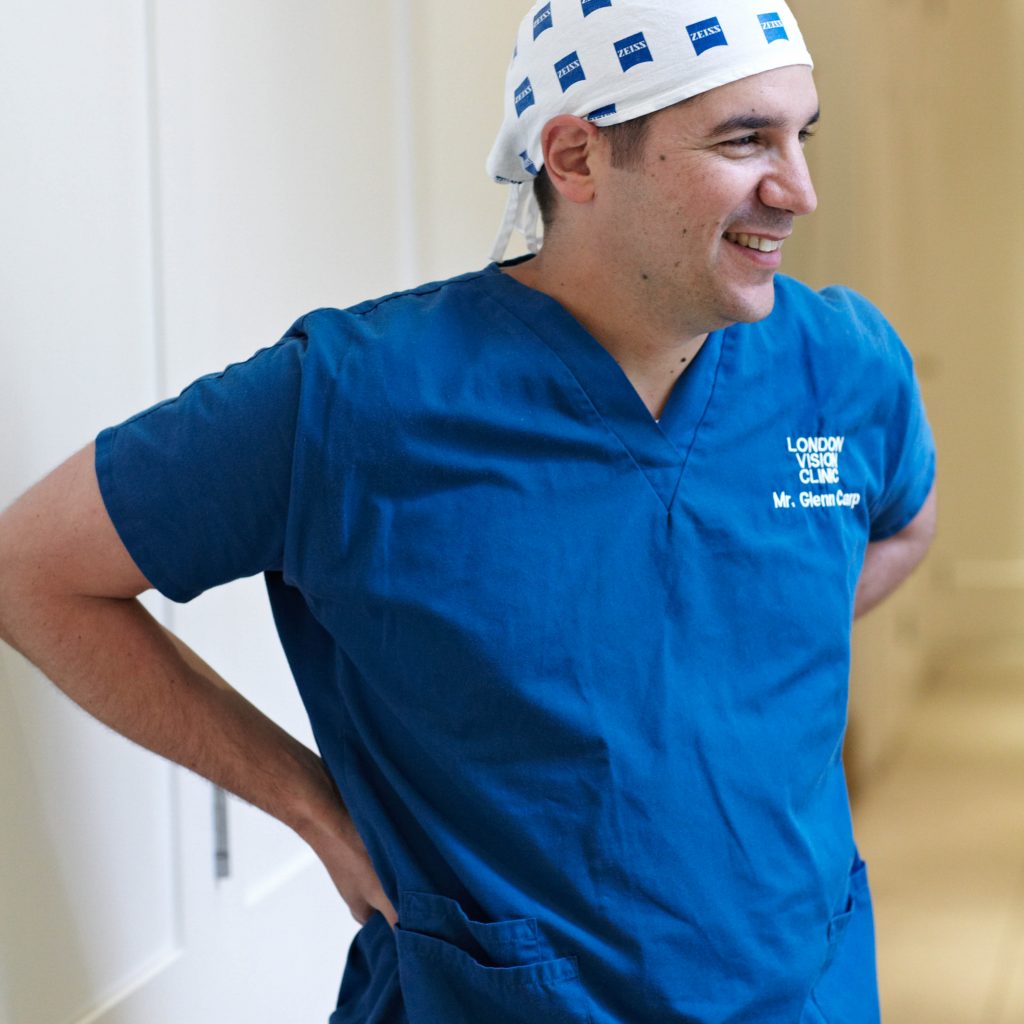Does it really take 10,000 operations to be an expert?

Every industry is full to the brim of people that call themselves ‘experts’. To the everyday novice, it is often difficult to tell what measure makes a person an expert in any given field.
In the space of self-mastery and professional development, there has long been an idea circulated about what this measure is – what it takes to become an official, bonified expert: a 1993 paper by Dr Anders Ericsson perpetuated the idea that by committing 10,000 hours of deliberate practice, a person can become an expert in almost any subject or field.
This suggestion picked up traction after it was featured in Talent is Overrated, a book that flipped the idea that people are born with talent on its head. It argued that talent, in fact, could be achieved by almost anyone with a roadmap to mastery. In his research, Dr Ericsson had reduced ‘mastery’ to a matter of time: twenty hours a week, fifty weeks a year for ten years.
There is no doubt that Ericsson’s research helped to highlight a countless number of important things. However, many other experts have demonstrated that his theory is not always applicable. After all, in so many skilled activities or services, there is much more to consider than time.
For example, factors such as intelligence, specialist training, support networks, and access to tools and resources often play just as big a role in the success of ‘experts’.
So, what does it take to become an expert in Laser Eye Surgery?
A good example of this is the field of Laser Eye Surgery. A simple visit to a few high street providers and independent clinics will show that there is a huge difference in the quality and experience of the surgeons operating in this space.
This is due to the way in which the industry is currently regulated. For example, no specialist qualifications or training is required for a surgeon to practice Laser Eye Surgery. Put simply, any doctor with the General Medical Council (GMC), with any amount of experience, is legally permitted to carry out your treatment.
This relatively lax approach makes it of the utmost importance that you are fully aware of the experience of your surgeon. Therefore, it is paramount that you know what to ask and what to look for in a surgeon before making your final decision.
Here are five things to consider when assessing the experience, credentials, and suitability of a laser eye surgeon:
How long have they been practising Laser Eye Surgery and how often do they perform surgeries?
As a general rule, the longer a Laser Eye surgeon has been practising, the better. We would recommend that a minimum of two years in the industry be acceptable.
It is also a good sign if your surgeon is performing surgery on a regular basis – 300 or more surgeries per year is a good standard benchmark to measure by.
Do they specialise in a specific treatment and perform this on a full-time basis?
You should always look for a surgeon who has a good deal of experience in the specific treatment you are interested in. There are a number of Laser Eye Surgery treatments that may require different techniques and expertise; for example, LASIK, ReLEx SMILE, or PRESBYOND® Laser Blended Vision.
Have they had formal refractive surgery training? And are they a trained corneal specialist?
While we have stated that formal or specialised training is not a legal requirement, we always recommend that you take this into consideration when selecting your surgeon.
The Royal College of Ophthalmologists (RCOphth) run a course, set out to the guidelines of the General Medical Council (GMC), which they recommend Laser Eye Surgeons complete as an essential part of their development.
Can you see their results and safety records for patients with a similar prescription?
Being aware of a surgeon’s success rate is another good way of building confidence before your treatment. Look out for how many of their patients have achieved 20:20 vision (90% plus is ideal), the rate at which complications occur, and how many patients subsequently required an enhancement or touch-up procedure.
Are you accessible if I have any concerns and do you have an aftercare regime?
Many good surgeons will be on hand to meet or speak with you should you have any worries or queries following your surgery. Laser Eye Surgery is not simply a procedure, it is a journey, and as such, it is important to know you have the support of your surgeon following the surgery.
If after reading this guide, you are still in doubt about which surgeon to choose, then you probably haven’t found the right one yet.
It is likely that, when you find a suitable surgeon with excellent credentials and experience, they will be supported by word of mouth, hundreds of independent reviews, and of course, your gut instinct. It’s all of these factors, not just the number of operations, that combine to make a true expert Laser Eye Surgeon.
If you would like to speak to one of our friendly and knowledgeable clinicians, give us a call today on 020 7224 1005. Alternatively, Book a Consultation using the form below.


